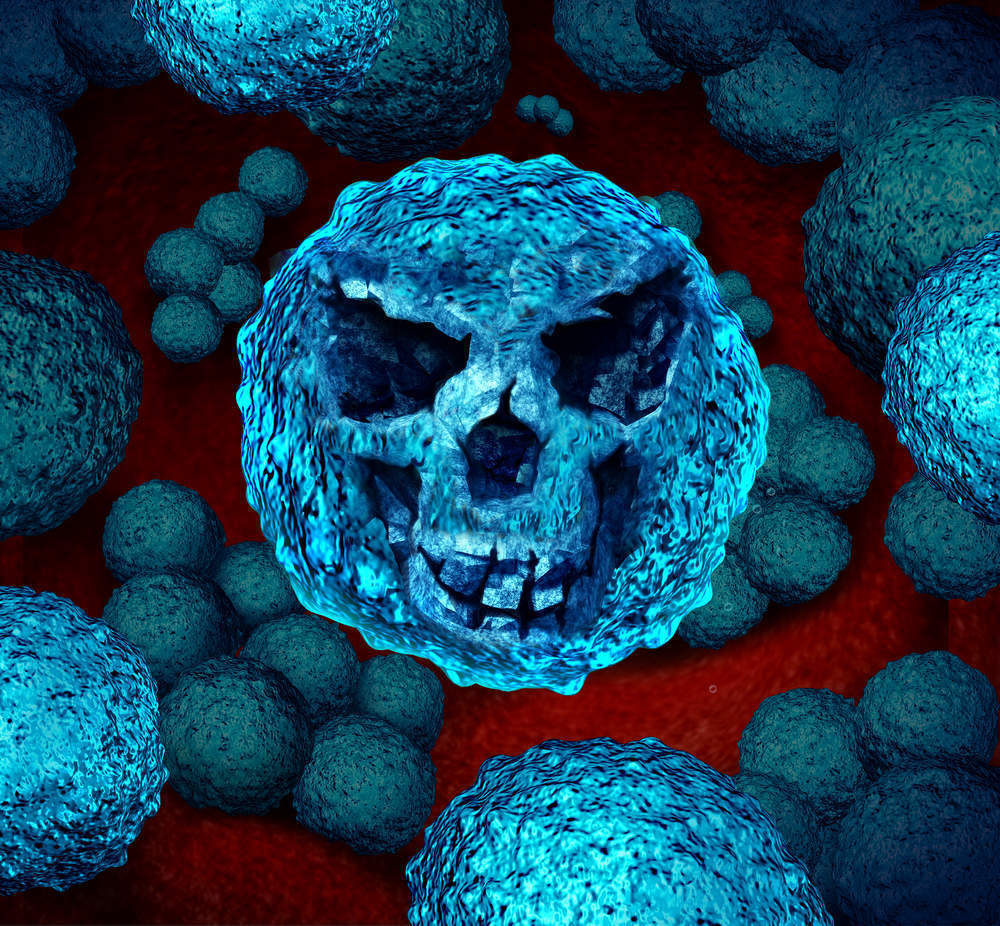
Heart surgery, prenatal care, organ transplants, and blood transfusions. These are all lifesaving treatments that we will need to say goodbye to, if the antibiotic resistance apocalypse comes to pass.
More and more, bacteria are beginning to emerge that cannot be treated.
Any drug or antibiotic that doctors use is simply shrugged off and rendered useless.
If drug-resistant bacteria become more common, we will be plunged back into the dark ages of medicine, a world where the average life expectancy was 40, and a small cut on your hand could end your life.
An international study suggested that drug-resistant bacteria could kill up to 10 million people a year by 2050, costing healthcare systems around the world a staggering $100trn.
But these new plagues aren’t just magically appearing out of thin air, we are manufacturing them ourselves.
How well do you really know your competitors?
Access the most comprehensive Company Profiles on the market, powered by GlobalData. Save hours of research. Gain competitive edge.

Thank you!
Your download email will arrive shortly
Not ready to buy yet? Download a free sample
We are confident about the unique quality of our Company Profiles. However, we want you to make the most beneficial decision for your business, so we offer a free sample that you can download by submitting the below form
By GlobalDataBacteria evolve and adapt to the environments they are in.
Every time bacteria are wiped out by a drug, the few survivors are able to pass on their resistive traits to their children, creating a new population resistant to the previous treatment.
As a strain of bacteria is exposed to more and more drugs, it becomes more and more resistant, coming closer to creating ‘super bacteria’ that are impervious to any drug we can throw at it — and we’re speeding up the clock.
Around the world, the development of antibiotics was a lifesaver, and allowed doctors to easily treat almost any disease with a couple of pills.
This led to doctors using a ‘better safe than sorry’ approach, and over prescribing antibiotics, even when they might not have been needed.
This overuse of antibiotics only increases the exposure the bacteria get, and the chances we get of developing new ‘super-strains’.
However, the healthcare industry is not even the biggest culprit, it’s the agriculture industry. The agriculture industry uses almost twice as much antibiotics by weight as the healthcare industry, and its main use isn’t even to cure disease.
Apparently, low, frequent doses of antibiotics help to encourage growth in livestock, but they also create ideal breeding conditions for super-bacteria to then go on and infect human hosts.
So how do we avoid a world without antibiotics?
There are many possible paths, such as lowering antibiotic usage rates, discovering new antibiotics, and banning the use of antibodies in agricultural feed settings.
However, even if a single country tries to regulate its irresponsible drug uses, a deadly new pathogen originating in another less responsible part of the world can still fly its way over and infect the native population.
It’s clear that, to counter this at all, we need a unified, global response.
In a world whose history is often defined by divisiveness and distrust, do we have the ability and resolve to combat this?







